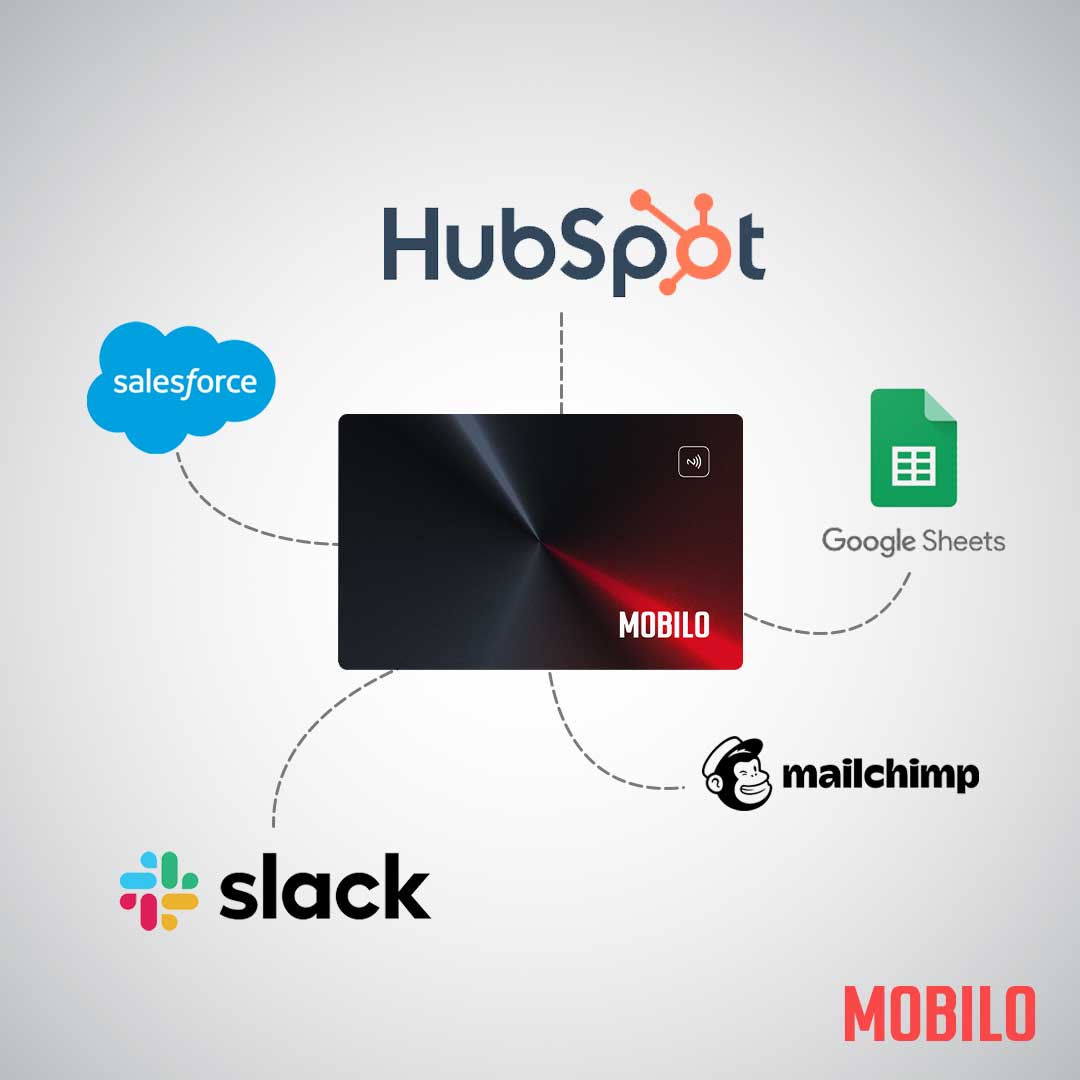
Exhibitions and meetings have recently changed to be much more technologically oriented and faster in pace than in the past. In this scenario, electronic business cards are emerging as a smarter, more efficient option than the traditional paper cards. While paper cards have been the norm in professional networking for many years, their obsolescence is becoming clearer in the contemporary business environment dominated by technology and digitization.
Like other attendees of trade shows in the US, entrepreneurs, marketers, and other professionals are on the lookout for state-of-the-art contactless solutions that help to reduce environmental footprints. This is the reason why US electronic business cards have become so widespread. They offer instantaneous data sharing, greater functionality, and a more powerful digital presence. Let’s look into the reasons.
When it comes to US trade shows and conventions, electronic business cards have one notable advantage over their traditional counterparts: sharing information without delay. Traditional cards are subject to being lost, forgotten, or damaged. In contrast, electronic cards are permanently available on your smartphone or tablet.
Participants can submit their contact information via a quick scan, tap, or link, minimizing physical interactions. This makes digital networking effortless, improving efficiency. Moreover, QR codes along with NFC technology offer added convenience for busy professionals at events during hectic days.
Unlike printed cards, electronic business cards are fully customizable to suit personal or brand identity. They can capture profile photos, include clickable links, and company videos, making the experience remarkable and unforgettable.
Also, a strong reputation can be reinforced with all cards distributed at the event. Every aspect, including color schemes, typeface, and emblems, are aligned with marketing strategies. Changes can be made at any time, ensuring the cards are precise and pertinent throughout the event.
The production and printing of thousands of business paper cards is expensive and highly wasteful. This concern is addressed by electronic business cards which offer a digital only solution. Outdated business cards no longer need to be reprinted, nor is there a need to transport boxes of paper supplies to each event.
Furthermore, sustainability has emerged as a primary focus among trade shows in the United States. A number of companies are trying to mitigate their carbon footprints, and going paperless is perfectly in alignment with these aims. By employing electronic business cards, companies can maintain professionalism while also contributing to environmental responsibility.

Networking doesn’t end when a trade show concludes. Follow-ups form an integral part of the conversion process, turning leads into relationships. Electronic business cards simplify this step as they can sync with CRM systems and email accounts.
They save time and reduce errors by automating the storage of contact details. Tracking digital interactions and engagements is easier, and follow-up strategies can be crafted more precisely. The ability to organize and search through digital contacts aids in communications post the event.
Public events have now adopted a new look due to health regulations. Furthermore, attendees have a preference for no contact. The lack of physical contact when using electronic business cards makes them a secure option in densely populated places.
In addition, event coordinators have promoted online attendance and participation in order to limit physical contact. This is in tandem with other shifts in workplace conduct, due to recent global health concerns. As a result, digital cards are used more and more at conferences and trade shows around the country.
As noted, the use of electronic business cards demonstrates the user's ability to embrace modern technology and be ahead of trends. Digitally sharing your information indicates that your company values and utilizes modern and effective systems. In fact, for numerous companies in the technology and creative sectors, this can make a greater impact than offering a physical business card.
Furthermore, electronic business cards are a sign of the possession of a certain level of awareness of modern day phenomena and trends in business. Standing out with a smart-looking card can be advantageous and help you win the tough competition at such events.
With the transformation of trade shows and conferences in the United States, electronic business cards have emerged as one of the most effective networking tools. From instant sharing to being environmentally friendly, to seamless follow-up communications and enhanced branding, they provide numerous benefits over their traditional counterparts that outweigh the disadvantages.
Professionals attending these events have new expectations for seamless, contactless, and high-tech experiences. Keeping up with the trends offers networking opportunities for companies that implement e-business cards; adoption of such technology improves the efficiency of their networking activities. No matter if you are a startup or a multinational corporation, adopting digital cards enhances your visibility at every occasion. The future of business networking is digital – and it’s already here.